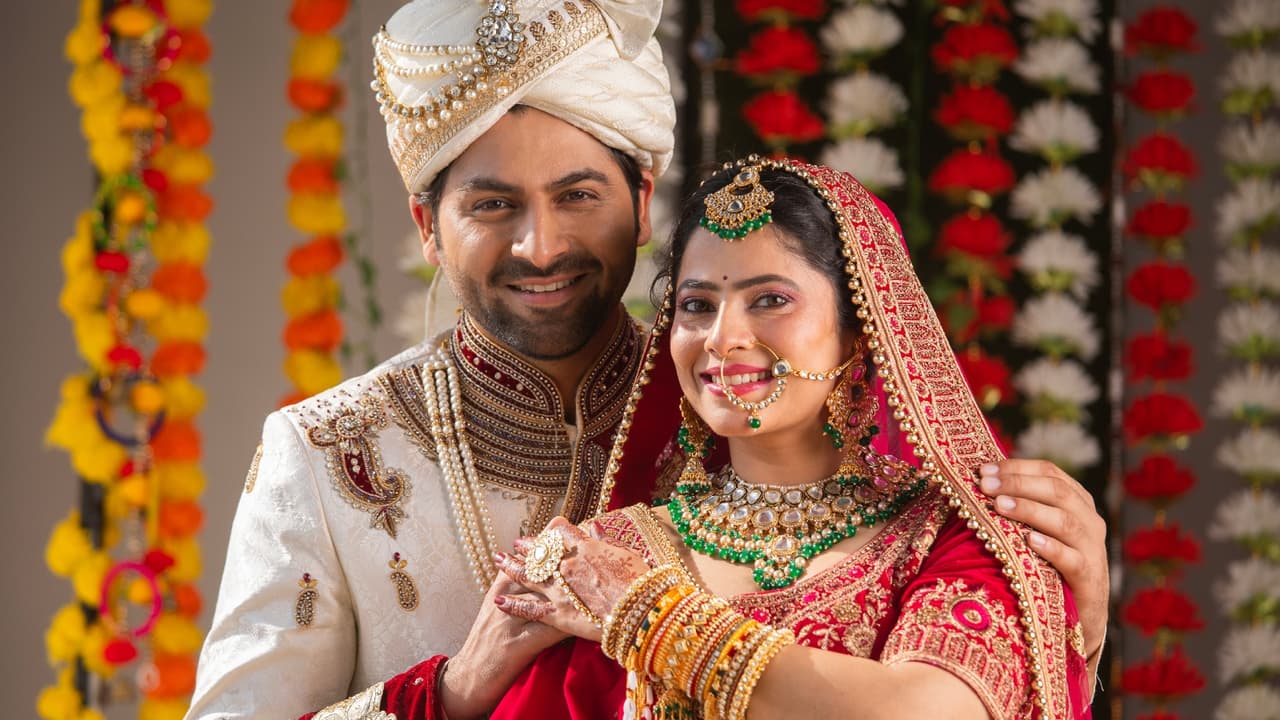Surname Change After Marriage in India: Is it necessary for women to change their surname in their in-laws’ house after marriage? Know what Indian law says, what is the legal process of changing name and what are the advantages and disadvantages of living without changing surname.
Surname Change After Marriage: A question often arises in the minds of women as soon as they go to their in-laws’ house after marriage, will I have to change my surname? There is a common belief in society that after marriage a woman should adopt her husband’s surname, but is it really necessary? Many women wonder whether without changing their surname there will be problems related to their documents, bank or identity. If you also have such questions in your mind, then we are telling you what Indian law says about this and what is the legal process of changing the name if a woman wants.
Is it necessary to change surname after marriage or not?
According to law, it is not mandatory for any woman to change her surname after marriage. The Constitution of India Article 19(1)(a) gives every citizen the right to ‘freedom of expression’. That is, after marriage, a woman can either adopt her husband’s surname or continue her maiden name. No such rule has been made by any government department or organization that it is necessary to change the name after marriage. This decision completely depends on the personal wishes of the woman.
What is the procedure if you want to change your surname after marriage?
If a woman wants to change her name or surname after marriage, there is a simple legal process for this, which includes four steps.
making an affidavit
First of all you have to make an affidavit.
In this, your old name, new name, reason for change of name and date are written. This affidavit is prepared on notarial or judicial stamp paper and is signed by you.
publish notice in newspaper
After making the affidavit, the information about change of name has to be published in both a local newspaper and a national newspaper. With this, the process of changing the name becomes public and there is no scope for any further confusion or dispute.
Publish in Gazette
This step is most important. When your new name is published in the gazette, it gets legal recognition. For this, application form, identity card, photo, affidavit and newspaper cuttings are sent to the Gazette Department. Once the process is complete, your new name is registered in the register.
Getting all documents updated
After registering the name in the Gazette, now comes the turn to update the new name in all your government documents, like passport, Aadhar card, PAN card, bank records, voter ID etc. After making these changes, your new name becomes officially recognized everywhere.
Read this also- In which branch did Vicky Kaushal do engineering from RGIT Mumbai, know the fees
What are the disadvantages and benefits of not changing name after marriage?
Many women nowadays keep their old name even after marriage and it is absolutely right to do so. This does not affect your identity, career, bank records, educational documents and professional image. If you want, you can add your husband’s surname in front of your name or you can keep both the names together. The law clearly says that changing your surname after marriage is your choice, not a compulsion. If you wish, adopt your husband’s surname, otherwise keep your old name. Both methods are legally valid.
Read this also- Al-Falah University in discussion after Delhi Blast, know when it was built, where it is and what is taught
